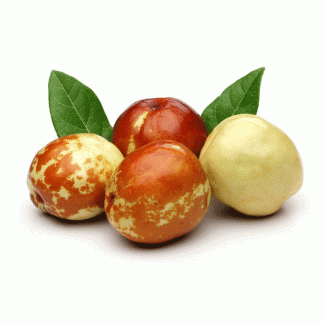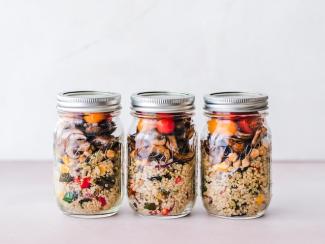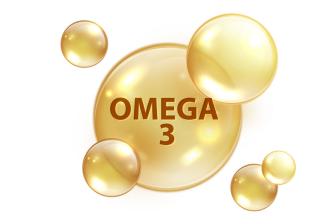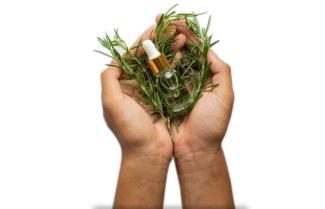
Creating a natural immune-boosting drink with ingredients that have potential antibiotic properties can help support your overall health. Keep in mind that while these ingredients may offer certain health benefits, they should not replace medical treatment when necessary. Here's a simple recipe for such a drink:
Ingredients:
- Ginger: Ginger is known for its antibacterial and anti-inflammatory properties.
- Turmeric: Turmeric contains curcumin, a compound with potential antimicrobial and anti-inflammatory effects.
- Honey: Honey has been used for centuries for its antibacterial and soothing properties.
- Lemon: Lemon is a great source of vitamin C, which can help boost the immune system.
- Garlic: Garlic is well-known for its potential antibacterial and immune-boosting properties.
- Cayenne Pepper (optional): Cayenne pepper may help improve circulation and metabolism.
Instructions:
- Prepare the Ingredients: Wash and peel a small piece of ginger (about 1 inch), crush or mince a garlic clove, and juice one lemon. You can also use bottled lemon juice for convenience.
- Boil Water: Heat a cup of water to a temperature where it's warm but not boiling. Boiling water can destroy some of the beneficial properties of the ingredients.
- Mix Ingredients: In a glass or mug, add the minced ginger, garlic, the juice of one lemon, and a teaspoon of honey. If you like it spicy, add a pinch of cayenne pepper.
- Pour Warm Water: Pour the warm water into the glass over the other ingredients.
- Stir and Let It Sit: Stir the mixture well, so the honey dissolves. Allow it to sit for a few minutes to infuse the water with the flavors and beneficial compounds.
- Strain and Enjoy: If you prefer, strain the mixture to remove the ginger and garlic bits, then sip the drink slowly while it's still warm.
You can enjoy this natural immune-boosting drink in the morning or throughout the day. It's important to note that while these ingredients have potential antibiotic and immune-boosting properties, they are not a substitute for professional medical advice or treatment when needed. Additionally, if you have any allergies or medical conditions, consult with a healthcare provider before adding new ingredients to your diet.






